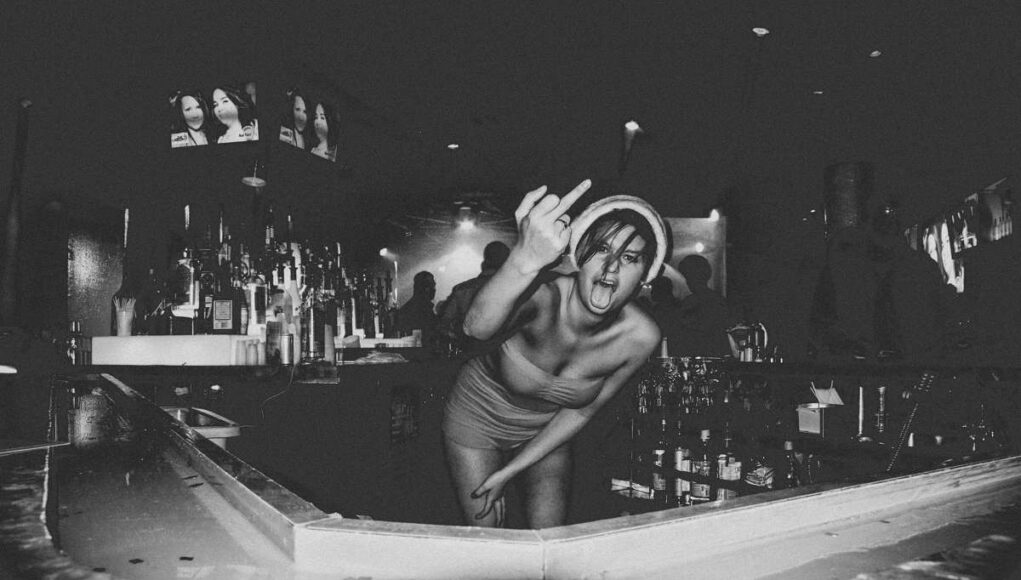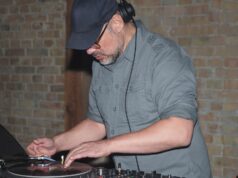A clarification for anyone who thinks wearing black is enough.
The underground is dead – long live the underground.
“Underground” – the word is everywhere: on every second club flyer, in every third Instagram bio, in every algorithm-hacked DJ promo. It’s in online ads. “We’re throwing an underground event” – and paying Meta to make sure you see it. Just like the cops, who’d shut that “underground event” down in seconds if it were actually underground. Underground has become a label with no contradiction – a promise of depth in a world that’s been flattened into a feed. No one questions it anymore. But what does it even mean? And who still has the right to use it? In techno, “underground” was never a genre – it was an attitude. Crews like Underground Resistance in Detroit defined it: radical, political, anonymous. In Berlin, after the Wall came down, the word took on its own shape – especially for kids from the East who craved a new, radical kind of freedom.
Underground was mystique. It was codes, not exposure. Record shops where you had to know what to ask for. Flyers you didn’t find online, but in the right kitchen, in the right basement, on the right guy’s table. You listened to Monika Dietl – not because an algorithm told you to, but because she was the only one who opened a gateway into another world.
The internet wasn’t a “Top 10 Underground Clubs in Berlin” list. It was a void. And in that void – between dance selfie FOMO and server timeouts – something thrived that couldn’t be captured. Underground was unavailable – and that’s what made it alive. Also: cops had no clue what to do with it.
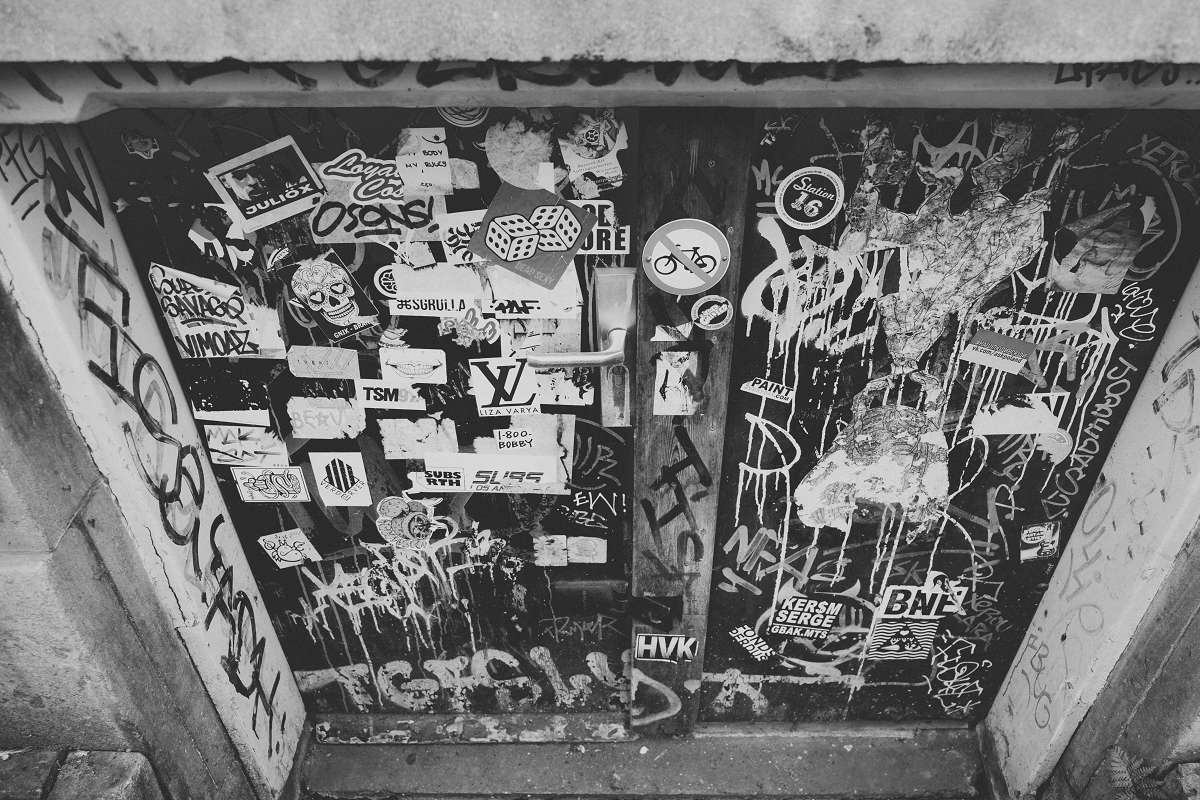
Origins: Where “Underground” Even Came From
Yeah, the word literally means under the ground. And yeah, it’s kind of embarrassing to explain that, but whatever – people still vote AfD or read toothpick manuals not on the toilet, so here we are. Underground = hidden, disconnected from the visible. In pop culture, it became a catch-all for everything that deliberately moved beyond the mainstream – politically, aesthetically, economically.
1960s: Counterculture & DIY (West)
In the US and UK, “underground” became the brand of alternative media and protest.
- Underground Press like International Times and Berkeley Barb pushed radical ideas outside publishing logic.
- Underground Comics were raw, uncensored, sold out of trunks or at flea markets.
It was political – but embedded in a system that, at the very least, tolerated dissent.
In the East, underground didn’t mean culture – it meant dissidence. No flyers, no zines – just banned literature, illegal gatherings, dangerous communication. The price wasn’t a social media backlash. It was prison, exile, death.
(Yes, we should also mention Vietnam protests, Black Panthers, Free Love culture in the West – all persecuted too. But still: the West had a mainstream that could be criticized. That changes everything.)
1970s–80s: Punk, Squats, & DIY Militancy
Punk was the next wave of radical DIY: Can’t play? Start a band anyway. Get famous. See: Sex Pistols. Labels like Rough Trade (UK) and Dischord (US) distributed outside the system. Squats, autonomous centers, house shows – underground wasn’t just a sound. It was a place.In Berlin: Rauchhaus, collectives, and early TEKKNO experiments in basements and squats. (Yes, spelled TEKKNO for humor reasons.)
1980s–90s: Techno as Political Counterforce
- Chicago House & Detroit Techno: Black, queer spaces beyond radio formatting.
- Music Institute (Detroit), The Warehouse (Chicago): uncommercial, but deeply community.
- Underground Resistance (UR): masks, manifestos, zero PR. No identity – only ideology.
In Berlin, post-1989, illegal raves erupted in ruins, U-Bahn tunnels, vacant lots. No one talked about “subcultural capital,” but everyone knew:
Something’s happening here – and it doesn’t belong in Der Spiegel.
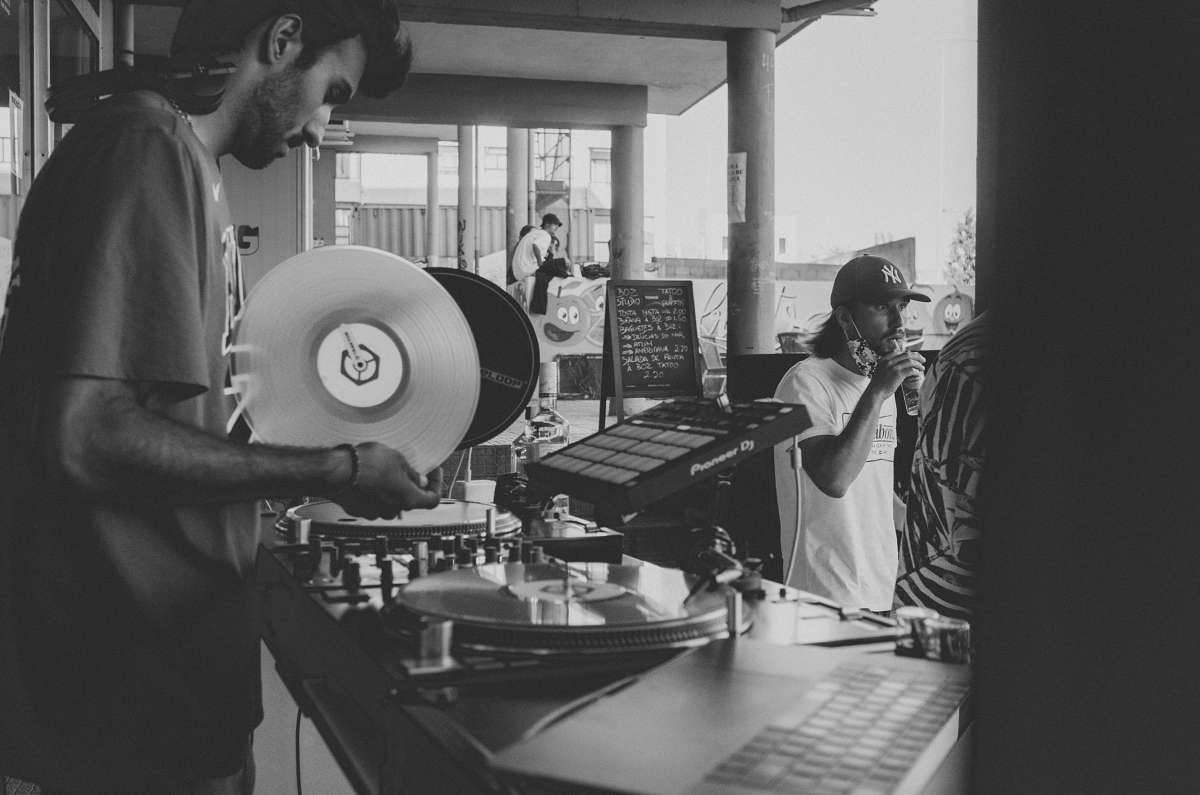
Underground Isn’t a Sound. Or a Look. It’s a Position. It’s Work.
“We don’t have Instagram because we’re staying real. But sign up for our newsletter.”
“Our event is secret, but also on Resident Advisor. No address – unless you’re in our Telegram.”
“I only play vinyl. I’m underground.” (Still cool though.)
That’s the self-deception. As if underground was about aesthetics. It’s not. It’s about your relationship to power. Underground means working against power. Not all power – but the kind that excludes, co-opts, monetizes. If your event is curated by an agency, promoted via Meta, and policed by the state – you’re not underground. You’re a product. And that’s fine. Just call it what it is. Don’t label it:
“Secret Underground Berlin Rave at a Hidden Location”
…when literally everyone in this fucking city knows it’s the Musikbrauerei in Prenzlauer Berg – the suburban heart of bürgerlich Berlin.
Where the author of this text once attended candlelit classical concerts, long before you even hit your first kiddie disco.
Sound ≠ Stance
You can blast bunker techno and still follow the same booking politics as every PR festival.
Underground hurts. Not just others – you too.
It means: no funding, more risk, no MediaKit-ready design.
It means: not knowing if the event will happen. If the cops will come.
Hoping no one gets fined. Hoping it doesn’t rain. Hoping people show up.
Hoping. Hoping. Hoping. That’s underground.
Underground isn’t a comfort zone. And that’s why it gets simulated so well. Because a bit of grit looks great on Insta. Because black-and-white flyers scream vintage. Because “former brewery” sounds way sexier than “event location with fire escape plan.”
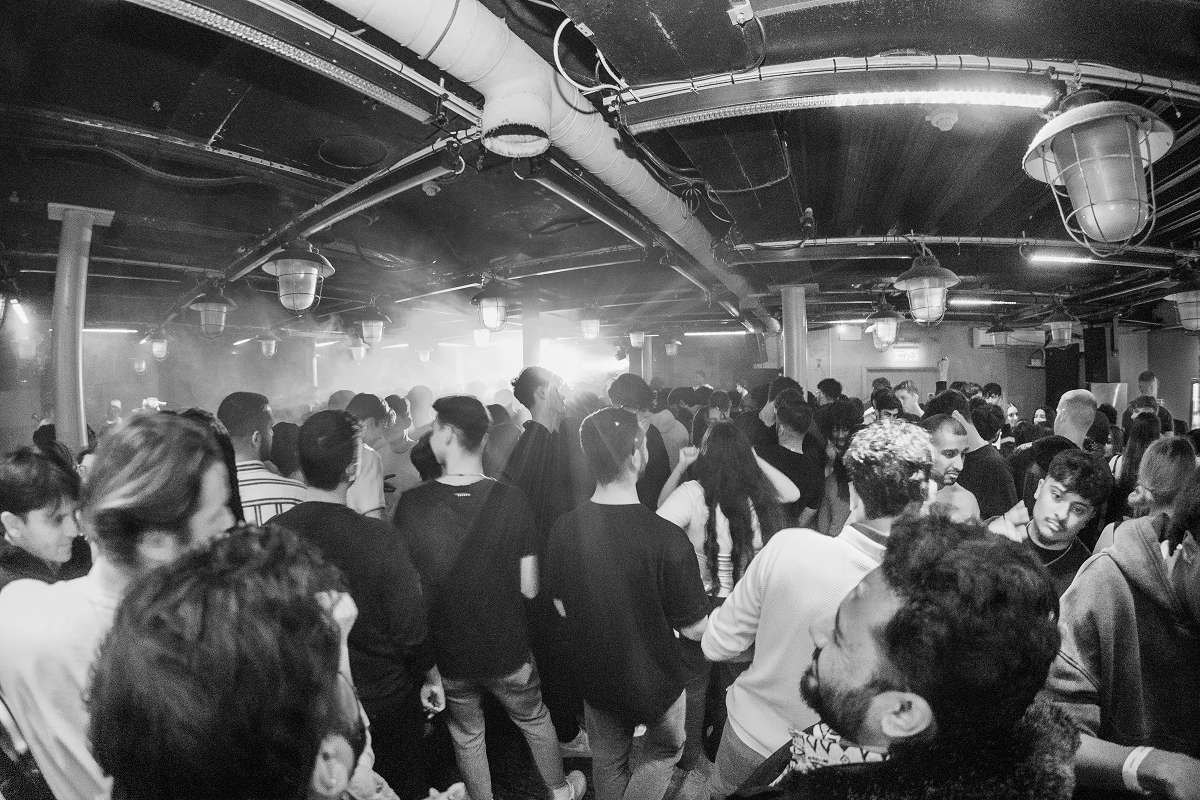
How Underground Became a Branding Strategy
Underground has fully entered the influencer economy – as costume, filter, brand asset. You don’t need access to collectives or causes anymore – just the right moodboard. And yes: it’s the same game as LinkedIn. Just a different dress code.
LinkedIn vs. Clubland
LinkedIn: “I’m a leadership punk with purpose mindset.”
Club: “I’m a collective DJ with anti-commercial values – and I donate some of my fee.”
LinkedIn: Success story, emoji-stacked.
Club: Awareness post, fog machine, FLINTA badge – same bookings, different pitch.
LinkedIn: “Not a coach – a facilitator.”
Club: “Not a party – a cultural intervention.”
They both sell relevance without practice. They simulate impact with language, images, repetition. And people start to believe it.Worst part? They’re monetizing what others built with sweat, patience, and actual risk.
Capitalism loves your rebellion – as long as it can sell it.
You used to be underground because you wanted to. Now, you’re underground because it looks good. Festivals book “radical” collectives as decor. Poorly ventilated melodic techno floors become “secret stages.” Subculture isn’t crushed anymore – it’s purchased. Painted onto office buildings in Europacity.
The Underground as Pop-Up Product
Some promoters assemble “underground” like it’s a tasting menu:
- Secret location (Dice link in bio)
- No phones policy (but pro photographer)
- Awareness team (no training)
- Collective bookings (no power-sharing)
It’s no longer about who’s underground – but who simulates it best. And the simulation often wins: cleaner, safer, more marketable. The real DIY party? It’s messy. The sound’s weird. The gear sucks. It’s sweaty dudes in un-ironed shirts playing wonky live sets. No cocktails. No cardless payment. No pyrotechnics. No bullshit.
Underground Is Alive – Just Not Where They Say It Is
It’s not being produced. It’s being staged. How real can “underground” be if it feels like a prerecord? When there’s no mistakes? When no one sweats anymore?
Where Underground Lives Now – And How to Spot It
It’s moved. To Reinickendorf. To a cellar. A kitchen. To Telegram groups where not everyone’s welcome – but everyone’s safe.You don’t need to be “cool.” You need to be part of a practice. Underground doesn’t have GEMA flat rates. It has no funding. And definitely no working fuse box.It has chaos. Last-minute cancellations. Disputes. But it has integrity. And if all that talk about “club death” is true – then underground,
whatever it ends up being called, might just be your last great party.
The one you’ll always remember. The one that made you want to start something yourself. To give someone else that feeling.
Note to Self:
- Less “public” – more “organized.”
- Less event – more infrastructure.
- Less ego – more care.
(Martin knows what I mean.)
Mic drop.


